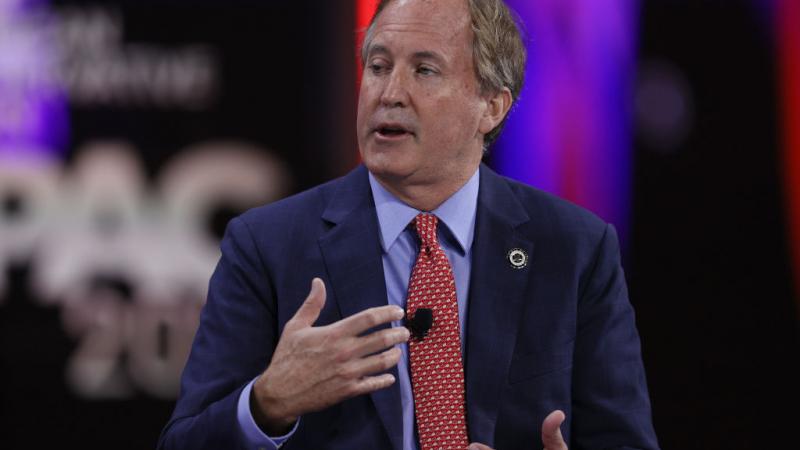Police must use criminals’ self-provided names, pronouns says new California law
According to former Los Angeles County Sheriff Alex Villanueva, this law could easily be abused by criminals seeking to hide under multiple identities.
A new California law requires police departments to use individuals' self-provided names and pronouns when posting their mugshots on social media, drawing concerns of potential abuse by criminals.
Under AB 994, which entered effect on January 1, police and sheriff’s departments must use the name and pronouns given by arrested individuals upon posting a booking photo on social media. Law enforcement is now not allowed to post photos of individuals arrested for nonviolent crimes unless the suspect is determined by law enforcement to be a “fugitive,” an “imminent threat,” or if a judge orders the release of the suspect’s image, or there is “an urgent and legitimate law enforcement interest.”
Law enforcement must use the individuals’ self-provided names and pronouns unless sharing, in addition to the provided name, other aliases to assist in apprehending an individual, “reducing or eliminating an imminent threat to an individual or to public safety,” or other “urgent and legitimate law enforcement interest.” Booking photos must also be removed from social media within 14 days unless any of the above conditions apply.
“This bill brings more equality and justice to every Californian, by ensuring that no one is assumed of being guilty or being a particular gender,” wrote bill author Assemblymember Corey Jackson, D–Moreno Valley, in a statement supporting the new law. “Equal protection under law should also have come with an equal protection of privacy and gender expression."
According to former Los Angeles County Sheriff Alex Villanueva, this law could easily be abused by criminals seeking to hide under multiple identities.
“This…benefits criminals only by creating multiple identities for one individual and sowing confusion in police reports,” Villanueva told The Center Square. “This is shameless pandering to trans ideology and is a detriment to public safety. No one can possess two legal names at the same time.”
It remains unclear what the consequences would be for any law enforcement agencies that refuse to follow this new law. School districts that have refused to follow state gender-oriented directives have found themselves threatened with fines from the governor and subjected to legal challenges supported by the state attorney general.
















